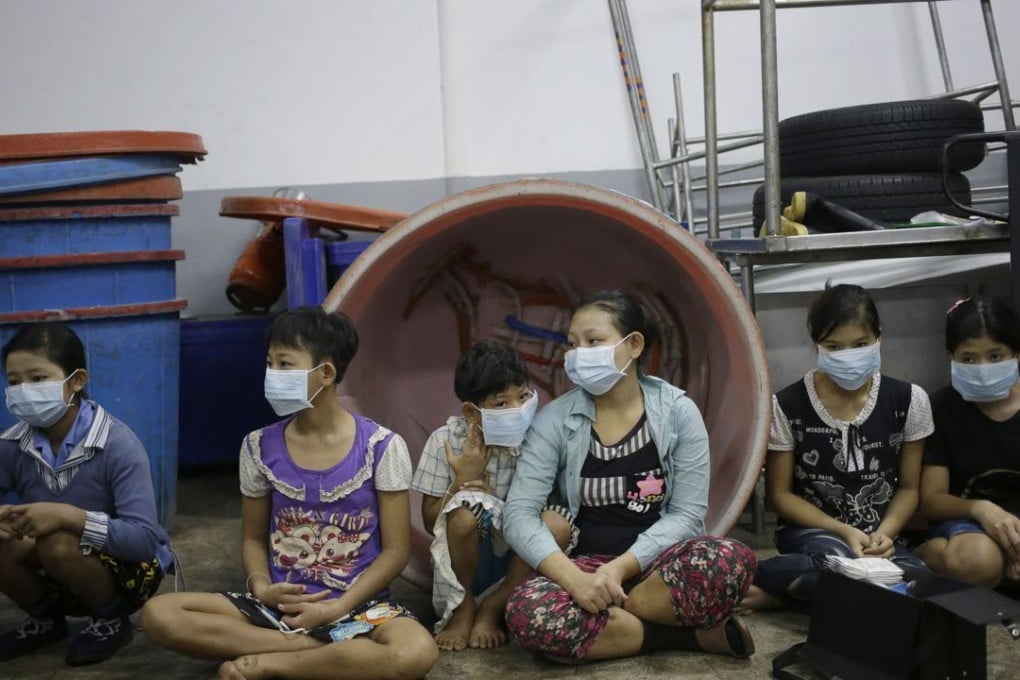Human-trafficking must be a priority for the Asean community, not just to please the US but for the good of its own people
Simon Tay says one of the main tasks of the newly inaugurated Asean Economic Community should be to work to improve the lives of ordinary citizens in the region

Regional leaders inaugurated an Asean community at the end of 2015 to bring their 10 countries closer – not only for economic integration, but also on security and political issues as well as social and cultural affairs. One test for this dream of a community is whether the lives of ordinary citizens will improve, and one hard issue will be the ongoing tragedy of human-trafficking.
Last year, mass graves were discovered along the border of Thailand and Malaysia, containing the remains of over 200 people. The cases are still under investigation, but most fear the victims were from the Rakhine state in Myanmar and had been kidnapped or illegally trafficked before being abandoned and killed.

By the end of January, countries will submit statements about the steps taken to the US State Department annual Trafficking In Persons Report. This grades countries on a four-category list. To date, most Asean members occupy the middle ranks.
READ MORE: Asean Economic Community faces numerous challenges
The Rohingya issue puts the spotlight on Myanmar, as well as Malaysia and Thailand. Each has fared very differently in the lens of US attention, and not always for good reason. Myanmar has yet to be assessed and graded. There is some justification for this, as the country has been in transition to full democratic elections. But after the National League for Democracy swept to power, the time is coming for the government to better address the issue.
